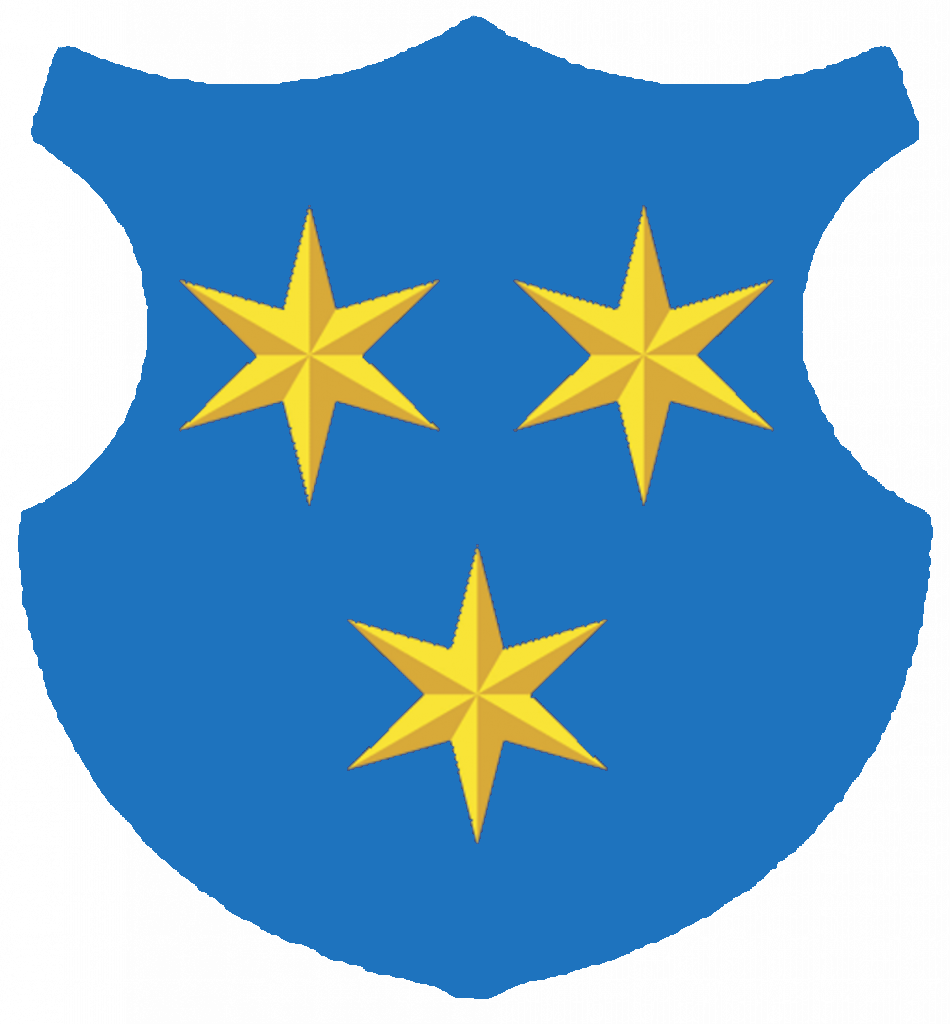»We Fear that Blood May Flow!«
The Riots During a Visit by Czech High School Students in Celje in 1899
At the end of the 19th century, Celje was the site of strong national conflicts between the German and the Slovene inhabitants of the region. The visit of Czech high school students on August 9, 1899, which was regarded by the German inhabitants of Celje as a Slavic provocation, triggered off strong riots, some of which even ended in bloodshed. The scandalous events in 1899 marked the peak of the German-Slovene national conflicts in Celje before World War I.
Hang the Assassin Gavrilo Princip By His Heels and Fry Him in the Flames!
The Slovenes and the Hapsburg Monarchy (!848-1918)
The author deals with the attitude of the Slovenes towards the Hapsburg monarchy in the period 1848-1918. Although the Slovenes were not at all satisfied at the time with the Austrian monarchy, most of the Slovenian politicians were nonetheless pro-Austrian oriented until 1918. After the fall of the monarchy in 1918, however, the majority of the Slovene politicians entered into a veritable competition as to who would get more credit for freeing the Slovene people from the »prison of nations«.
»No-one Can Claim that Theatres As Such Have Cultural Significance«
Culture and Politics, With Particular Regard to the Theatre and Cinema, in Carniola at the Turn of the Century
National and ideological divisions in Slovenia from the middle of the 19th century to the begining of World War I led to the formation of major cultural and political camps. By enumerating some examples, the author depicts the influence exerted on culture by politics and the effects of censorship. Particular emphasis is placed on the theatre and its related branch: the cinema, as well as on the cultural policies of political parties which influenced the financing of cultural institutions.
Me, Poor Chap, Living in a Prison
The paper presents a slightly view of the conditions in the prisons and prison camps after World War II. The life of the prisoners is presented in the poems of Alojz Tirgušek, who was imprisoned for collaboration with the occupying forces. In addition to the everyday events in the Teharje prison camp, Tirgušek’s poems give a vivid portrayal of this fellow inmates, presenting a moving image of the characters and destinies of people, who came into conflict with the new authorities after World War II.
The Mayor’s Daughter Micka or the President’s Daughter – Which is More Appropriate?
Amateur Theatre in Slovenia in the Period 1945-1955
According to the chroniclers of this period, amateur thetrical productions were more popular in Slovenia in the middle of the twentieth century than in any other country at the time. Yet, as most activities shortly after the war, theatre also was exposed to the demands and pressures of politics. There were particulary strong in the first five years after World War II. However, already in the early 1950’s, professional criteria in the selection of repertoire and the production of individual plays prevailed over the demands of the communist ideologists. When selecting their repertoires, the amateur theatres decided mainly in favour of works by Slovene authors.
Poor Harvest of Jože Toporišič
To the »Leading Linguist« – to His Memory Book
The attempt by the self-appointed »leading linguist« Jože Toporišič to reaffirm by falsifications and inventions in his paper »The Thesis of Jakob Rigler on the Beginnings of the Slovene Literary Language« (Slavic Review, 41, Ljubljana, 1933, pp. 449-464) the scientifically untenable hypothesis of Jakob Rigler (advanced in the book The Beginning of the Slovene Literary Language, Ljubljana, 1968), proved to be unsuccessful. The article is a response to Toporišič’s far-fetched arguments and to the scandalous conditions in the field of Slavistics in the Republic of Slovenia, where attempts are being made by a small minority to trample underfoot the freedom of expressing professional opinion.

